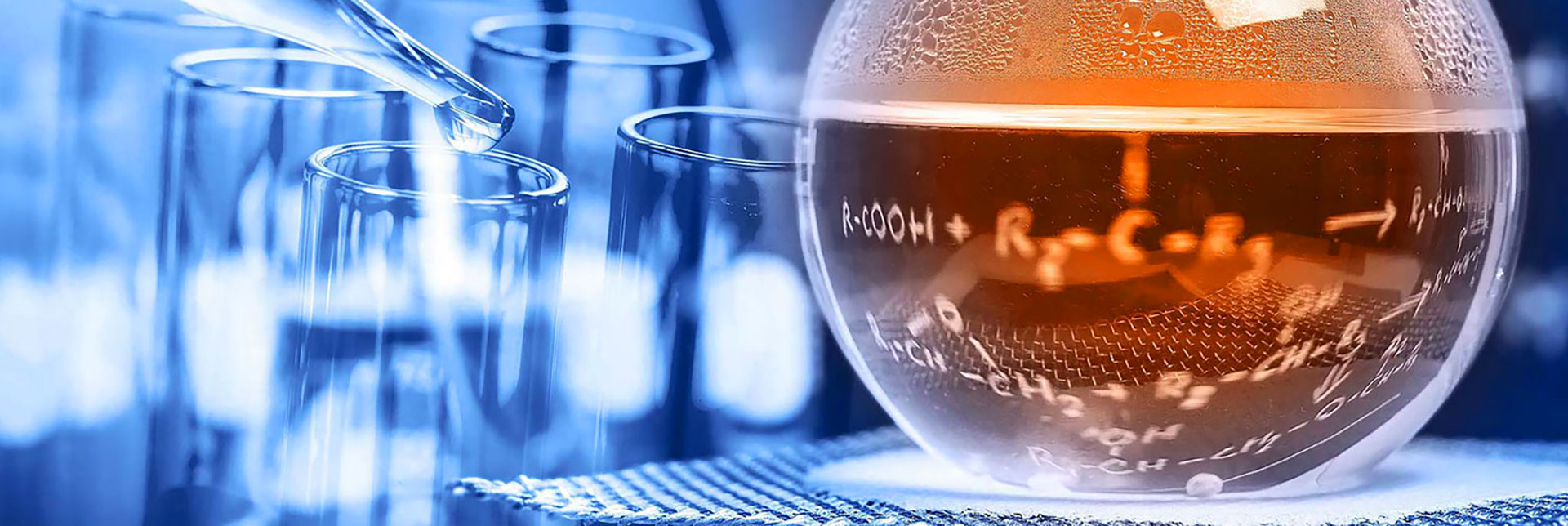

EUROLAB laboratory provides testing and compliance services within the scope of ISO 17294-2 standard. This part of the ISO 17294 standard, developed by the International Standards Organization (ISO), includes aluminum, antimony, arsenic, barium, beryllium, bismuth, boron, cadmium, cesium, calcium, cerium, chromium, cobalt, copper, dysprosium, erbium, gadolinium, gallium, germanium, gold, hafnium, holmium, indium, iridium, iron, lanthanum, lead, lithium, lutetium, magnesium, manganese, mercury, molybdenum, neodymium, nickel, palladium, phosphorus, platinum, potassium, praseodymium, rubidium, rhenium, rhodium, in water ruthenium, samarium, scandium, selenium, silver, sodium, strontium, terbium, tellurium, thorium, thallium, thulium, tin, tungsten, uranium and its isotopes, vanadium, yttrium, ytterbium, zinc and zirconium (in water), surface water, groundwater Specifies a method for the determination of the elements (water, wastewater, and eluates).
-uygulanmasi---bolum-2:-uranyum-izotoplari-dahil-secilen-elementlerin-belirlenmesi.jpg)
Taking into account specific and additional interferences, these elements can also be detected in the digestion of water, sludge and sediments. The operating range depends on the matrix and the interference encountered. In drinking water and relatively uncontaminated water, the limit of quantity (xLQ) is between 0,002 µg/l and 1,0 µg/l for most elements. The operating range typically covers concentrations of a few pg/l to mg/l, depending on the element and predefined requirements.
The quantification limits of most elements are affected by blank contamination and depend heavily on the laboratory air handling facilities available for purity of reagents and cleanliness of glassware. The lower bound of quantification is higher where detection suffers from interference or memory effects.
In applying this part of ISO 17294, it is necessary in each case to determine whether and to what extent additional conditions will be met, depending on the range to be tested.
Persons using this part of ISO 17294 should be familiar with normal laboratory practices. This part of ISO 17294 does not purport to address all, if any, security issues associated with its use. It is the user's responsibility to establish appropriate safety and health practices and to ensure compliance with any national regulatory requirements. It is absolutely essential that tests conducted in accordance with this part of ISO 17294 are performed by suitably qualified personnel.
In some cases, isobaric and non-iobaric interactions can occur. The most important interferences in this respect are the overlapping masses and physical interferences from the sample matrix.
To detect these interferences, it is recommended to identify several different isotopes of an element. All results should be similar. If not, mathematical correction is required if there are no isotopes for a given element that can be measured without interference.
Minor deviations or changes in intensities should be corrected by applying the reference element technique. In general, the mass concentration of the dissolved substance (salt content) should not exceed 2 g/l to avoid physical and spectral interactions.
Some parasites will not occur under cold plasma conditions. However, the inevitable low stability of cold plasma should be considered accordingly. Also, some interference with reaction cell instruments (eg DRC ICP-MS) is overcome.
Among the services provided by our organization within the framework of material testing services, there are also ISO 17294-2 standard tests. Do not hesitate to contact our laboratory EUROLAB for your testing and certification requests.
To get an appointment, to get more detailed information or to request an evaluation, you can ask us to fill in our form and reach you.